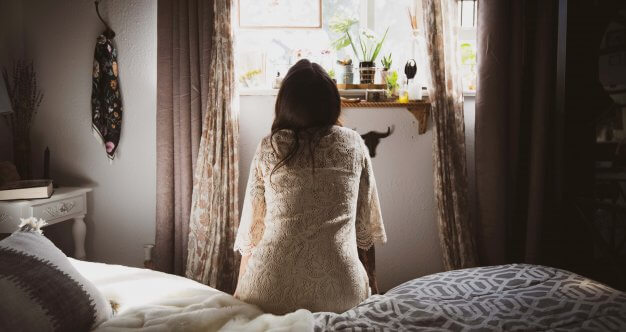As colon cancer rates continue to mysteriously increase among young people, the U.S. Food and Drug Administration (FDA) has expanded its approval for the at-home colorectal cancer screening kit, Cologuard. The test, which was previously approved for people over 50 years old, is now available for people over 45, too. But experts, including Dr. Heather Yeo, a colorectal surgeon at NewYork-Presbyterian/Weill Cornell Medical Center, tell SurvivorNet that full colonoscopies, not at-home screening tests, are still considered the gold standard of colon cancer screening.
RELATED: Replacing a Colonoscopy With At-Home Tests Sounds Good, But Doesn't Necessarily Work
Read MoreRELATED: Not So Fast At-Home Screening Test "Cologuard" Is Not A Good Alternative To A Colonoscopy
Dr. Heather Yeo spoke with SurvivorNet about how important it is to get screened for colon cancer.
How is a Traditional Colonoscopy More Effective than Cologuard?
With a traditional colonoscopy, a doctor inserts a flexible tube with a camera on it (called a colonoscope) into the anus and uses it to look at the full length of your colon and rectum. Usually, patients getting this colonoscopy will get "put under" with anesthesia or given relaxing sedatives to minimize the discomfort.
Colonoscopies require a full bowel “cleanout” process that many people find extremely unpleasant — which could be one of the reasons that the at-home Cologuard sounds appealing as an alternative.
RELATED: Getting Cleaned Out for a Colonoscopy
To effectively spot cancer, polyps, or anything abnormal, your colon needs to be completely empty before a colonoscopy. That means that the day before the test, you'll probably have to drink only clear liquids and take whatever combination of laxatives and enemas your doctor recommends.
It's not pleasant to clear out your colon, but it's worth it when you think about the alternativethat is, missing a colon polyp that could turn into a life-threatening cancer.
RELATED: What is a "Virtual Colonoscopy" and Will it Catch My Colon Cancer?
Colon cancers begin as polyps 95 percent of the time, and according to a 2014 study in the New England Journal of Medicine, the Cologuard test misses more than 30 percent of polyps that will soon become cancer, and 57 percent of polyps that may become cancer. That's a big discrepancy. Especially since when polyps are found during a colonoscopy, doctors can essentially stop cancer from growing before it even starts.
RELATED: How Does a Colon Polyp Turn into Cancer?
“Cologuard is really good at picking up more advanced cancers,” Dr. Yeo said. “But unlike a colonoscopy, they can't pick up the pre-cancerous lesions called polyps that we need to take out to prevent cancer.”
Learn more about SurvivorNet's rigorous medical review process.


